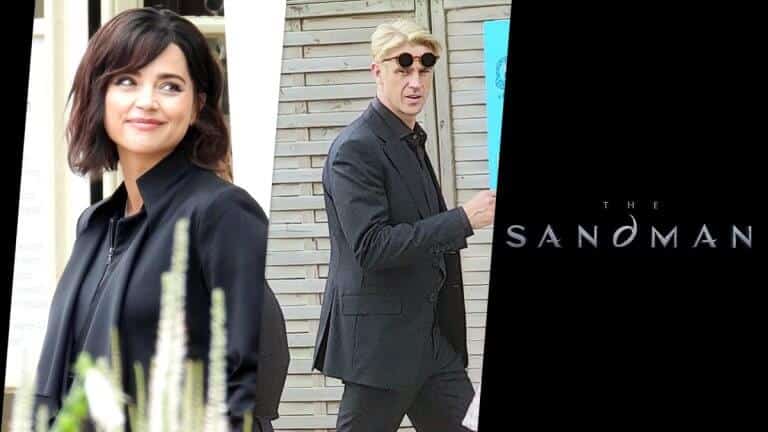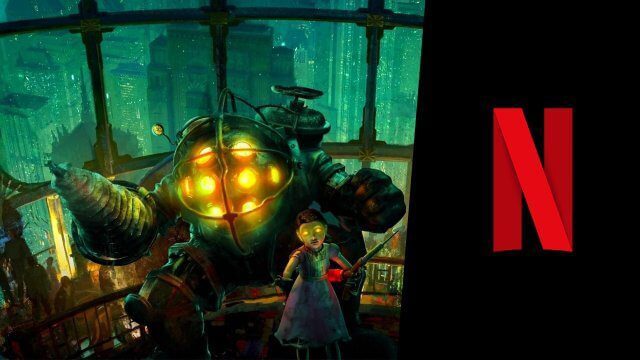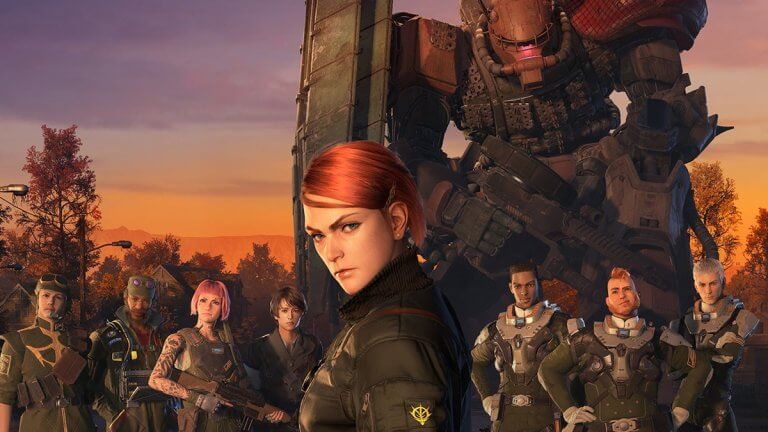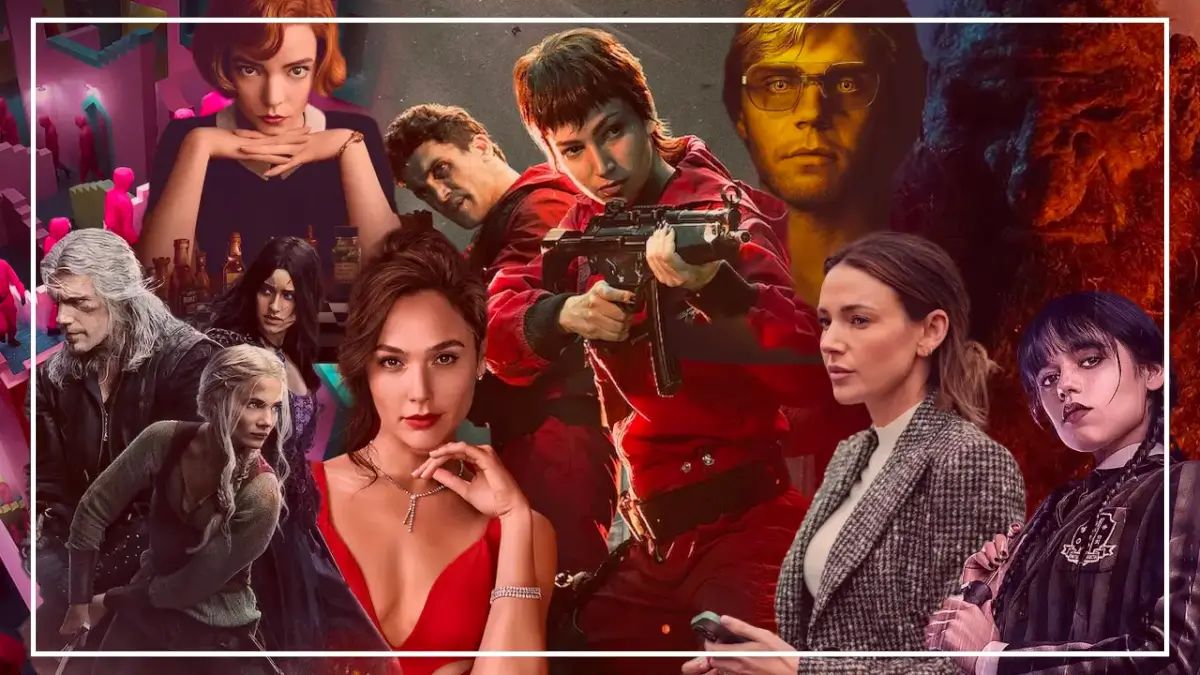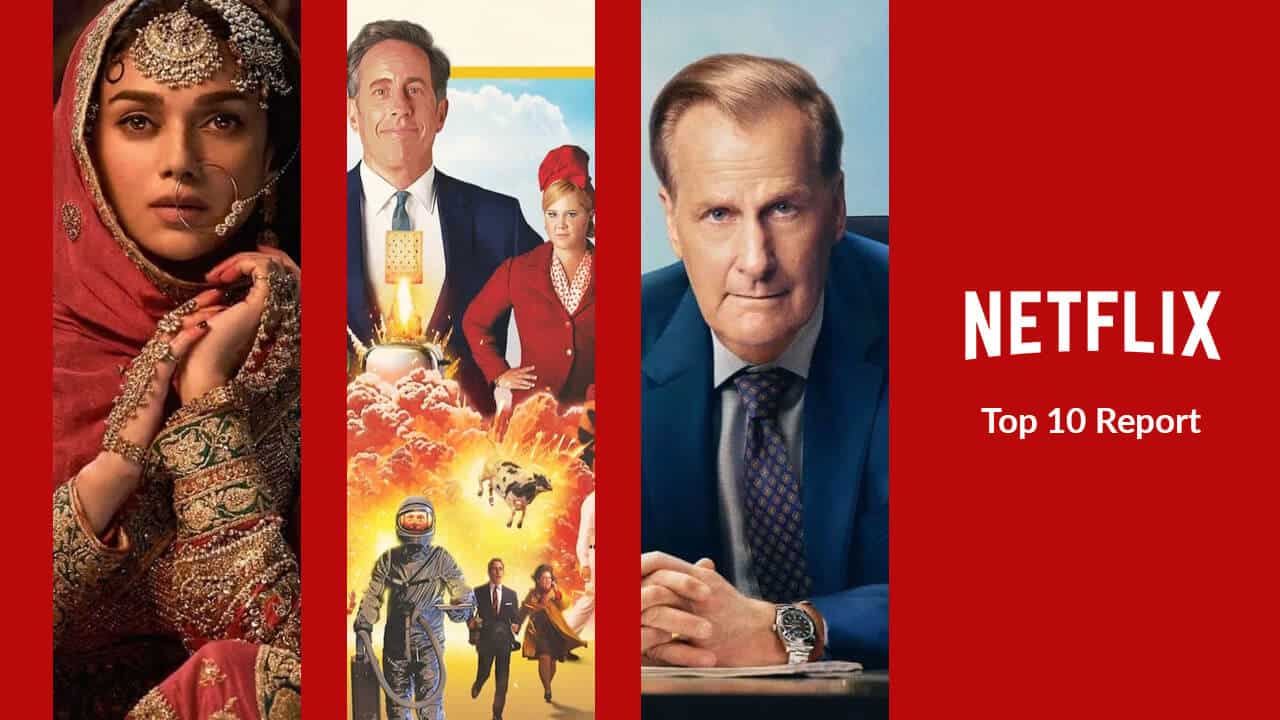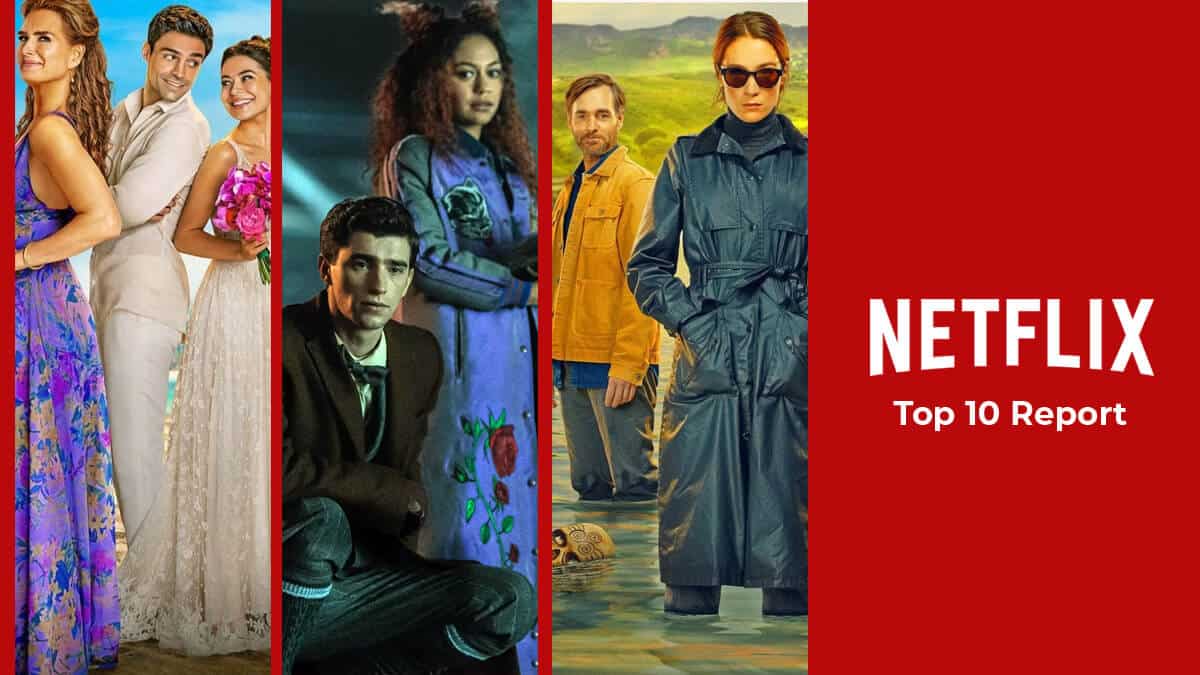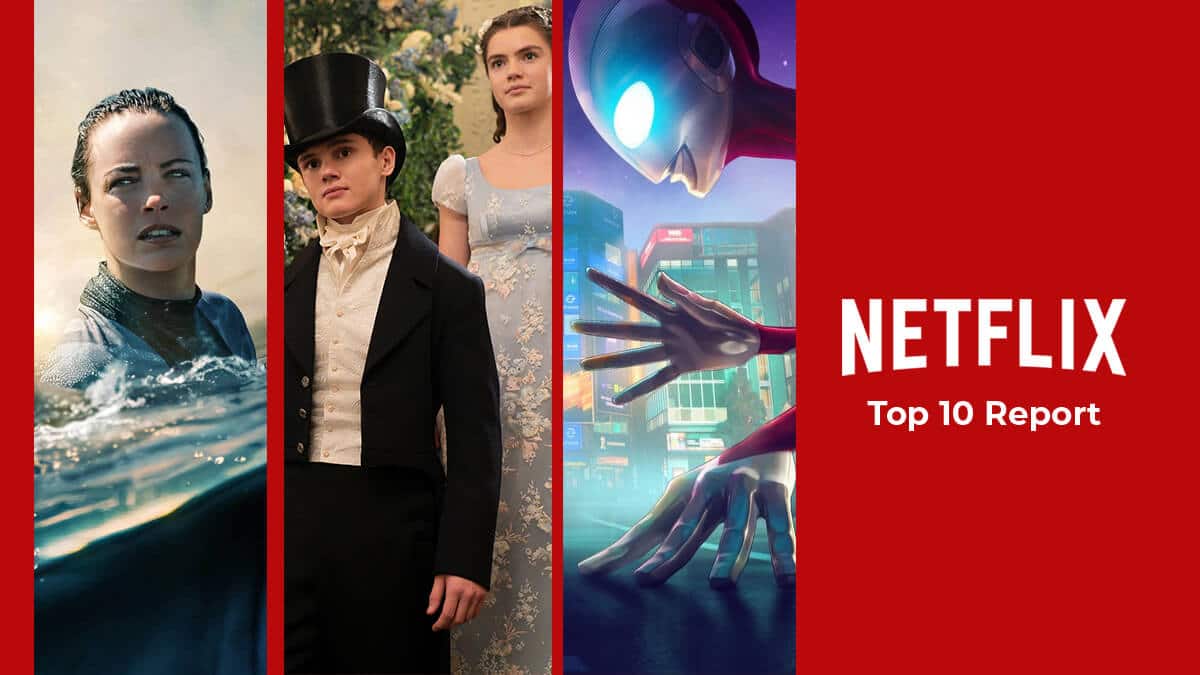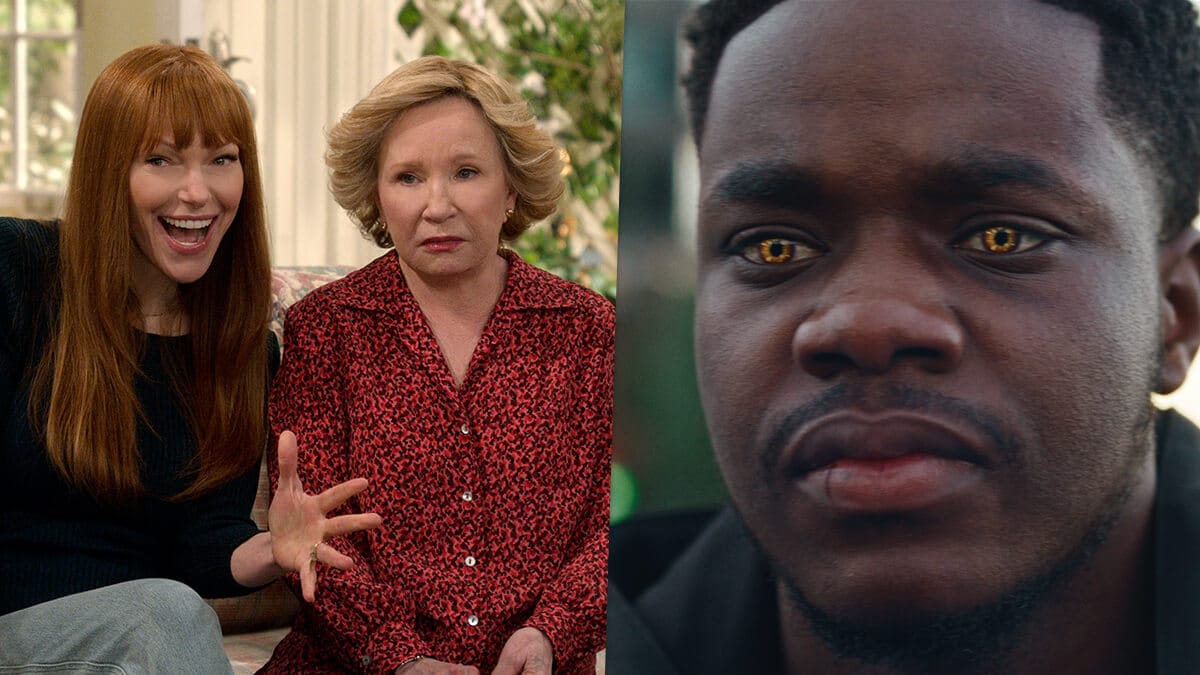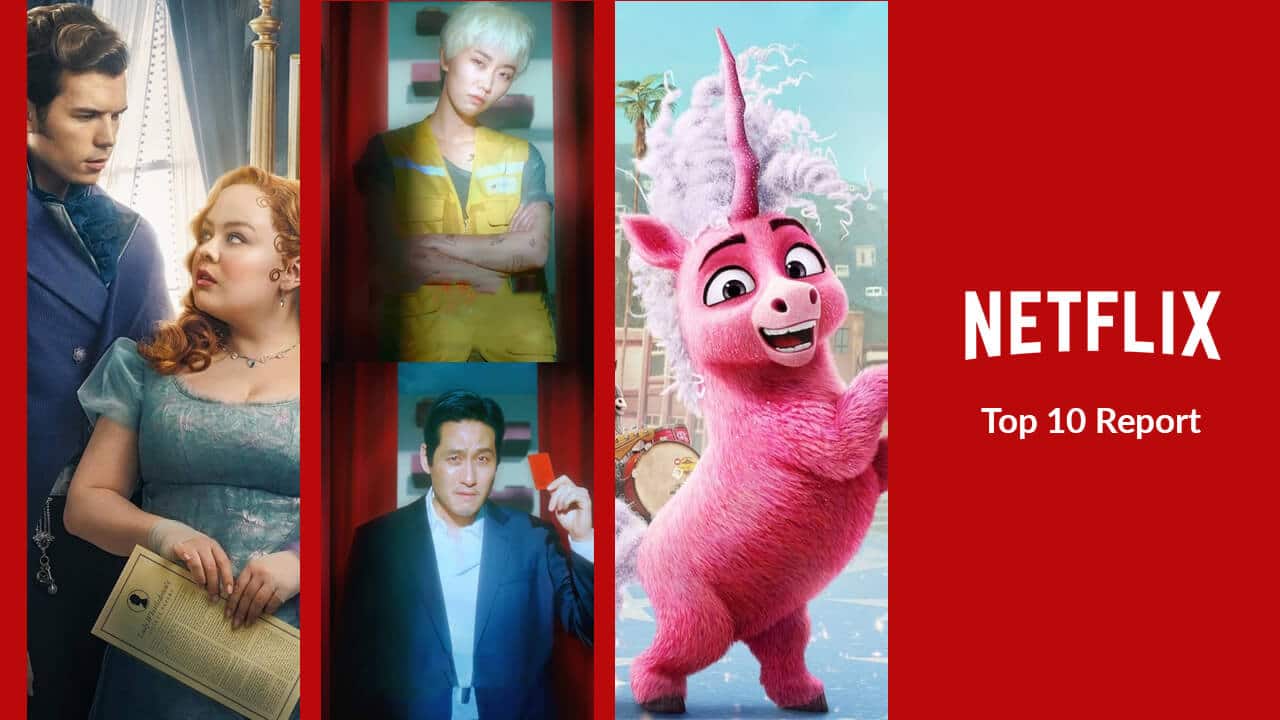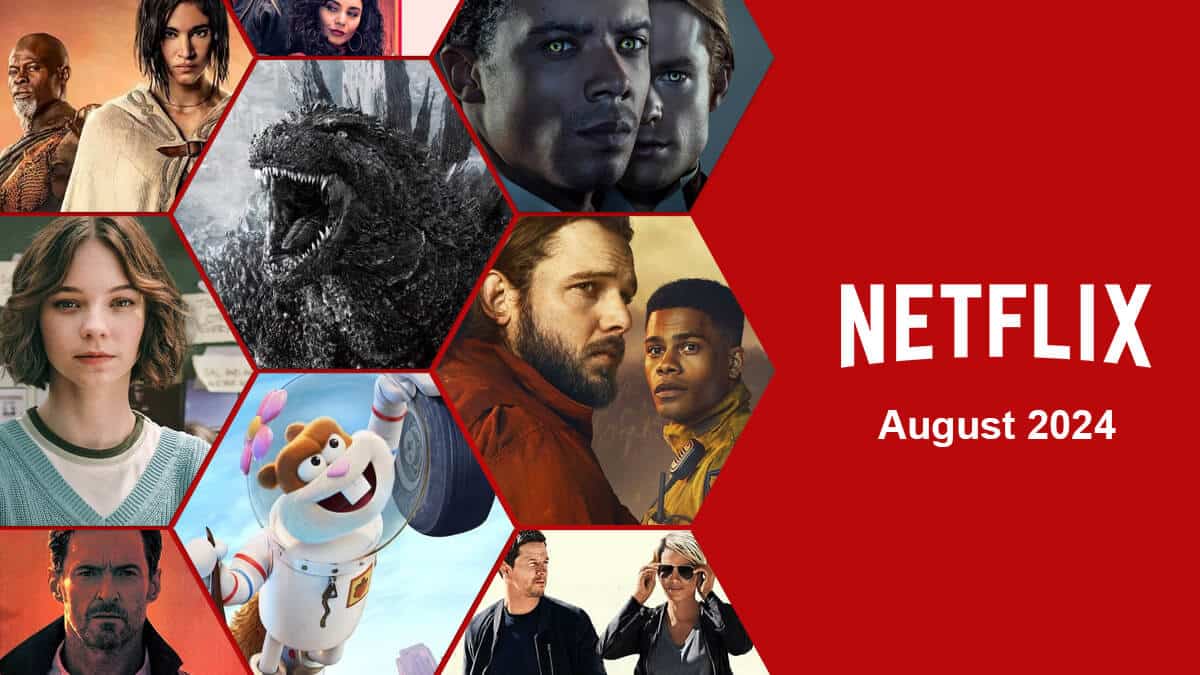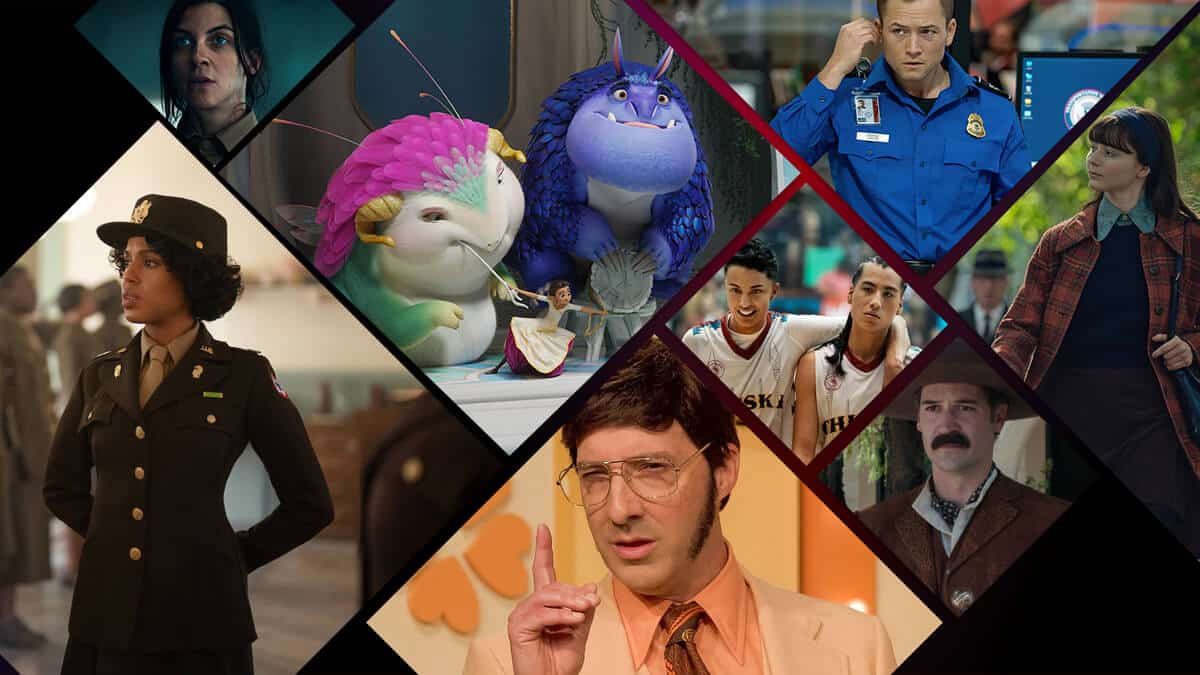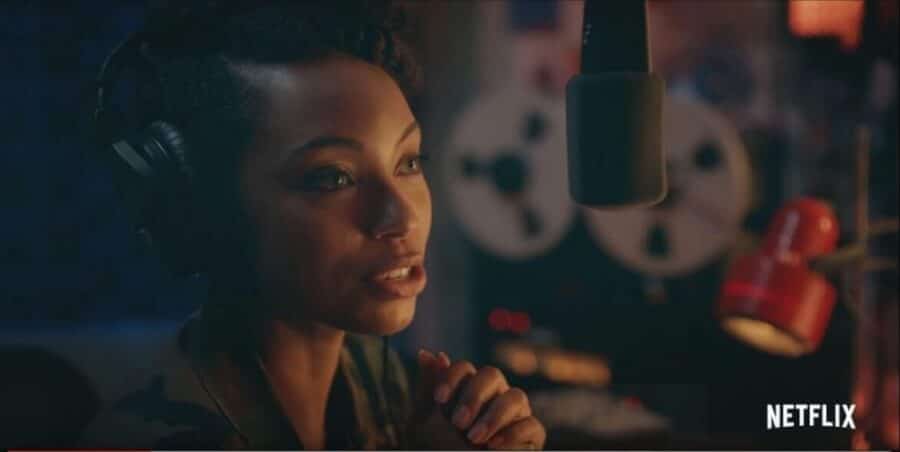
Dear White People, a brand-new Netflix Original series set to arrive on the service in April, has encountered massive boycott and backlash after it released its first teaser trailer last week. It marks the first time Netflix has faced a backlash of this magnitude, resulting in hundreds, if not thousands, of people canceling their subscriptions. We’re going to take a closer look at the show.
The 35-second teaser trailer, which at the time of writing has garnered 44,000 likes to 359,000 dislikes, is one of Netflix’s most disliked videos of all time.
With tensions running high due to a heated 2016 election in the USA, it’s understandable that content like this could instantly spark controversy. But is the backlash completely justified? Let’s delve deeper.
Starting off, it’s clear that the teaser trailer, intended to spark controversy, has either hit its mark spectacularly or missed it entirely, depending on its intended outcome. This has led to predominantly negative headlines in recent days and a top trending position on YouTube. As a trailer, it fails to convey the actual plot of the series, focusing instead on a radio host’s desire to express some perceived controversial viewpoints, with little else but a release date.
Further research into the series reveals that it is based on a movie of the same name. The movie’s trailer also initially received negative attention for similar reasons as the Netflix show.
However, upon the film’s release, the narrative proved to be the exact opposite of what the trailer suggested. While it does spotlight stereotypes, it presents them from both perspectives. The movie’s conclusion and the buildup to it take on a completely different tone, proving to be both genuinely funny and thought-provoking.
YouTuber Philip DeFranco conducted a thorough comparison and analysis of the two presentations, examining whether the show constitutes racist propaganda or represents a significant marketing mishap.
As for my opinion, I found the trailer to be poorly conceived, offering only a brief, out-of-context glimpse at a series that, if it mirrors the film, serves more as educational satire than the hate-filled show the trailer implies. The controversy, in my view, stems largely from this misleading trailer. With more thorough research, many might arrive at the same conclusion.
At this point, I’m reserving judgment on the series. The show itself promises a different direction, and in my opinion, canceling your subscription over a trailer seems premature.
We’re eager to hear your thoughts. Were you among those who canceled their Netflix subscriptions, or do you have a different take on the trailer? Share your opinions in the comments below.
